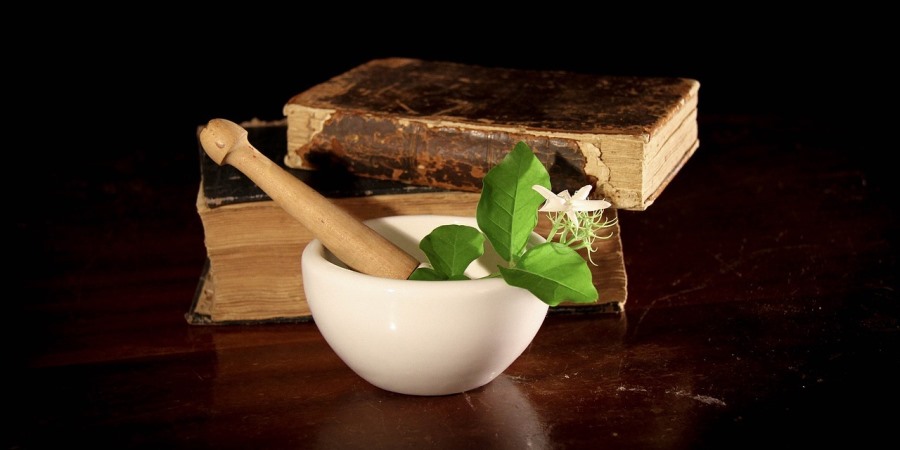
In Thailand, the use of medicinal herbs is part of the holistic system of Thai Traditional Medicine, which takes into account that healing the mind, body, and spirit requires an integral treatment practice.
Table of contents:
⦿ Rural Style and Royal Style
⦿ Classifications of Herbs
⦿ Holistic Bodywork and Energy Work
Introduction
The core idea or herbal medicine application in Thailand is that people can, with adequate knowledge of medicinal herbs, learn to live in harmony with their surroundings, the changes in their lives, improve energy levels, support longevity and healthy sexuality, strengthen the immune system and detoxify the body, and treat common discomforts and ailments.
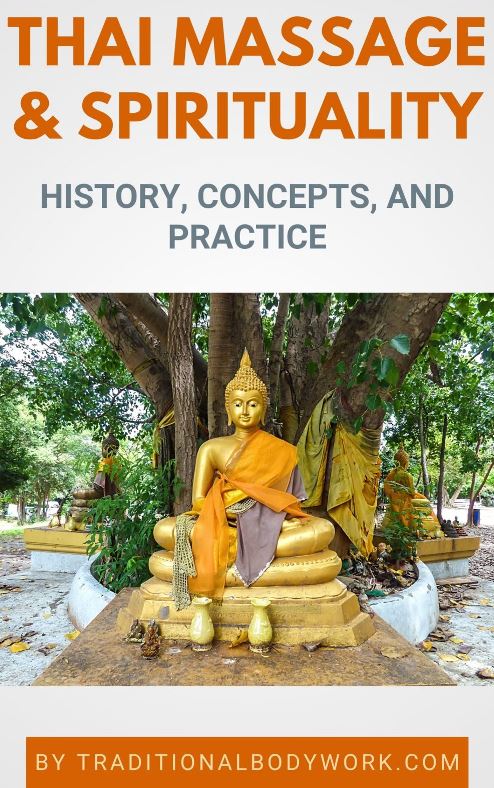
The legends tell that the historical patron of Thai Traditional Medicine is a certain Jivaka Kumar Bhaccha, revered by Thai Medicine practitioners as the “Father Doctor” or “Doctor Shivago.”
Jivaka is thought to had been the personal physician to the Buddha’s Sangha in India and a contemporary (and friend) of the Buddha around 2,500 years ago. Being a renowned Ayurvedic doctor he’s also considered the primordial teacher of Thai Traditional Medicine, including Thai Herbalism and Thai Massage.
Nonetheless, research done in past decades show that Thai Herbalism and Pharmacopoeia are not only influenced by Indian Ayurvedic concepts, but likewise by indigenous, Arab and Chinese concepts and knowledge.
Rural Style and Royal Style
In general, we can distinguish two types of Thai Traditional Medicine systems, often referred to as the Rural Style (Folk Style) and Royal Style (Court Style). There’s quite some overlap between the two, partly sharing similar terminology and herbal recipes

Nevertheless, it’s only the Royal Style (or Royal Tradition) that developed a theoretical framework of ailments, symptoms, assessment, diagnoses, and treatments. Up to today, the Rural Style is rather informal, varying depending on the place, region, and therapist or healer.
In the Rural Tradition, knowledge is transmitted mostly orally through undisclosed herbal recipes and techniques, through spiritual treatises and initiations, and handed down from master to student.
In any case, in Thailand, herbs are commonly prepared and used as tonics, decoctions, teas, powders, topical creams and emulsions, in food (dietary regimes), as herbal compresses (both hot and cold), herbal baths, steam baths, and herbal steam inhalation.
Classifications of Herbs
In the Thai herbal system, all foods and drinks, including herbs can be classified by a dominance of one of the so-called ten tastes, being astringent, oily, salty, sweet, bitter, nauseating, sour, hot (or spicy), bland, or aromatic.
Each taste influences one or more of the Four Elements — Air (Wind), Water, Fire and Earth — which in their turn influence (are connected to) the function of organs and other bodily systems.
Apart from the classification by tastes, the Thai system also includes a classification of herbs by action, such as anti-inflammatory, aphrodisiac, stimulant, carminative, diuretic, expectorant, sedative, among other classifications by action.
With the integrated knowledge mentioned above, a Thai herbal healer can determine which foods and herbs are most likely to support a treatment and which should be avoided.
Holistic Bodywork and Energy Work
As herbs and food affect the body causing physiological changes it’s therefore considered to be rather bodywork than energy work (mind that Thai Massage is usually considered energy work).
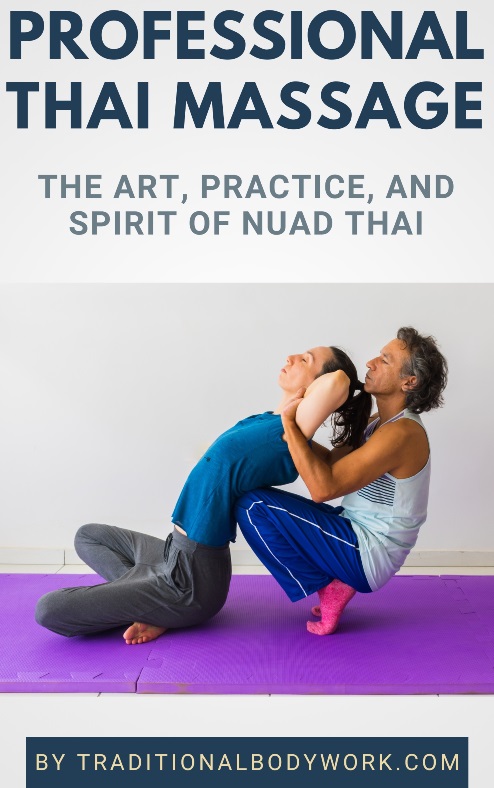
Of course, this does not mean that the application of herbs is limited to the physical essence only; Thai Medicine is a holistic system and the link between body, emotions/mind and energy is always taken into consideration.
Moreover, Thai herbal healers will always be open to apply (or refer to) other treatments from Thai Traditional Medicine, such as Thai Massage, spiritual work, visualizations, and incantations, among other tools and techniques.
We also need to realize that many herbal medicines contain the same active ingredients as modern over-the-counter medicines and can be likewise effective. Nevertheless, herbal applications may take some time to become really effective, but this is because they work on and through the entire body rather than on specific symptoms.
As a whole, the Thai people believe that consistent use of herbal remedies, improving one’s dietary regime, exercising, and meditating can support man in finding and maintaining health and happiness.

 Find themed health, wellness, and adventure holidays around the world.
Find themed health, wellness, and adventure holidays around the world.

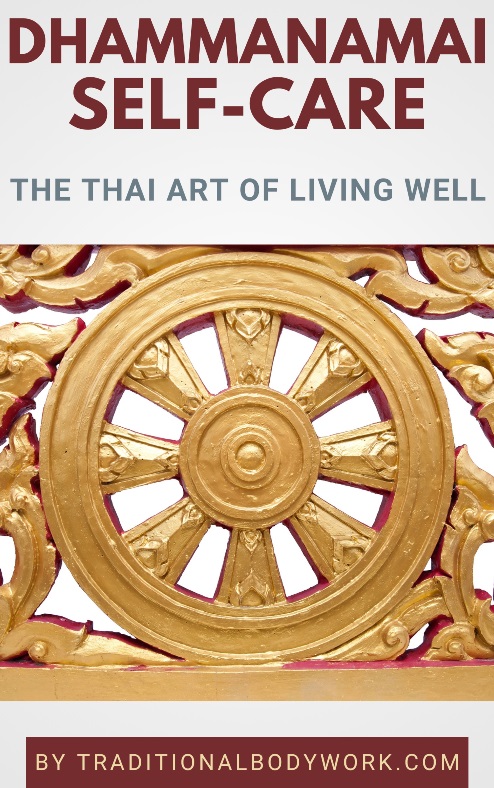
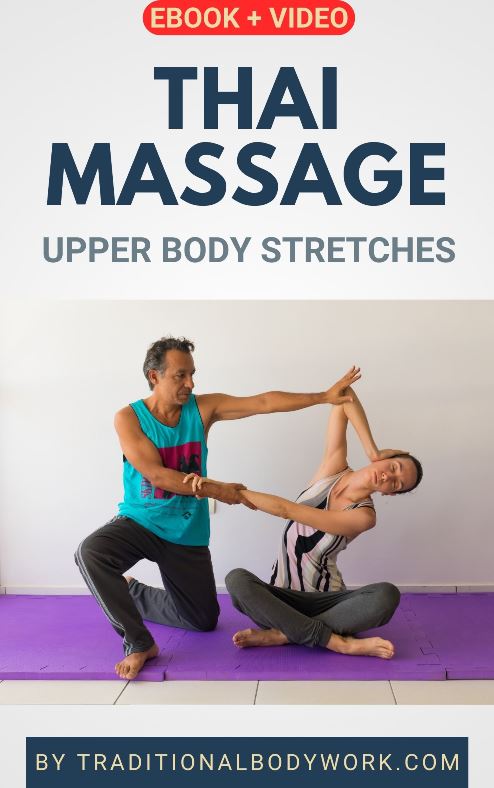
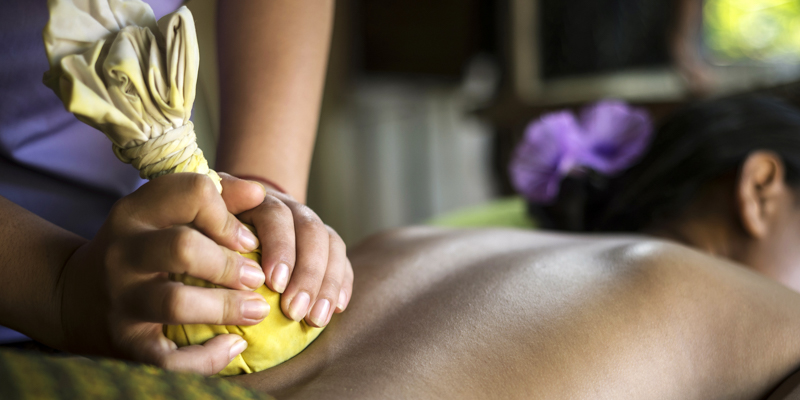
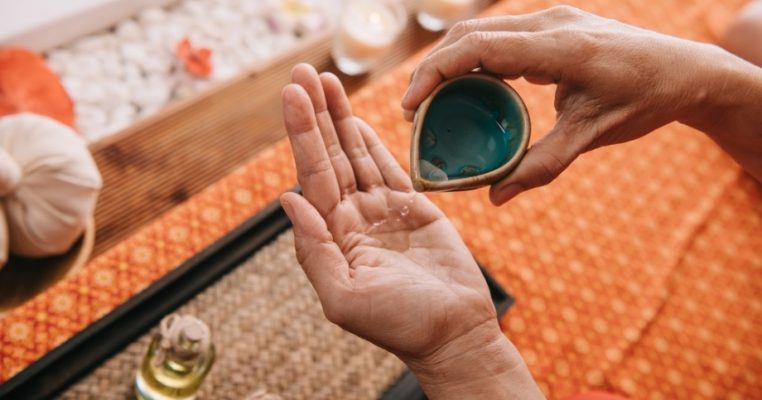

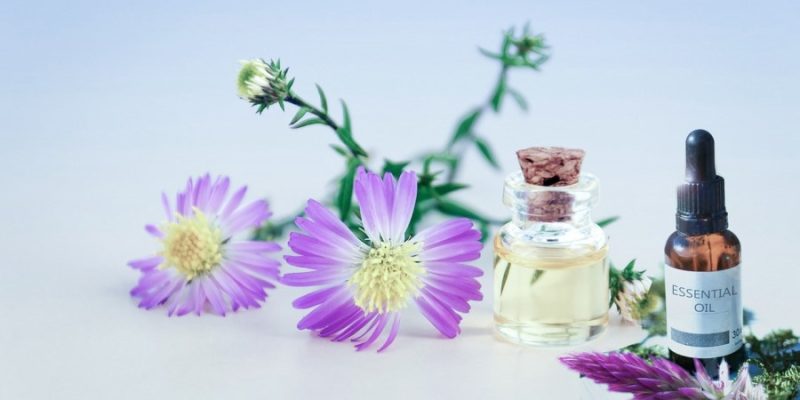
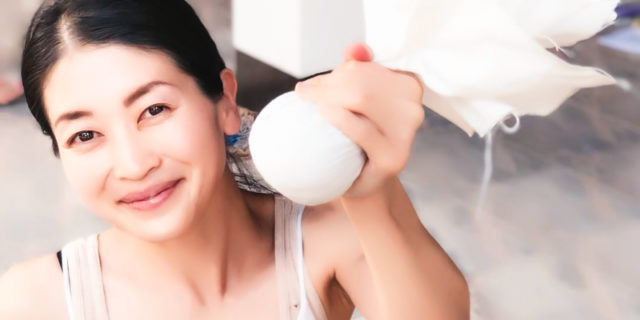
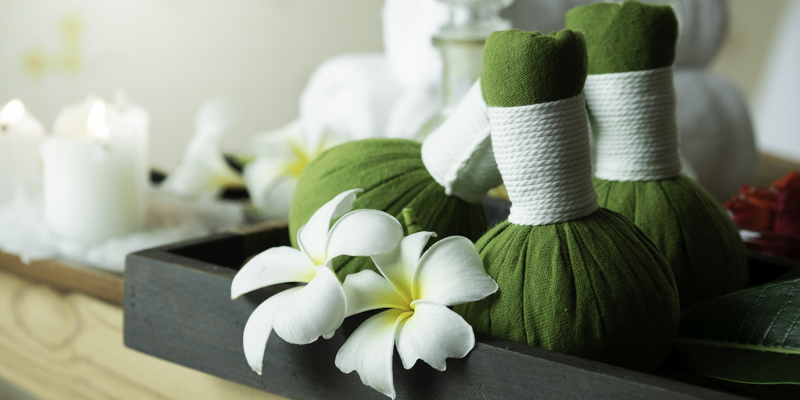
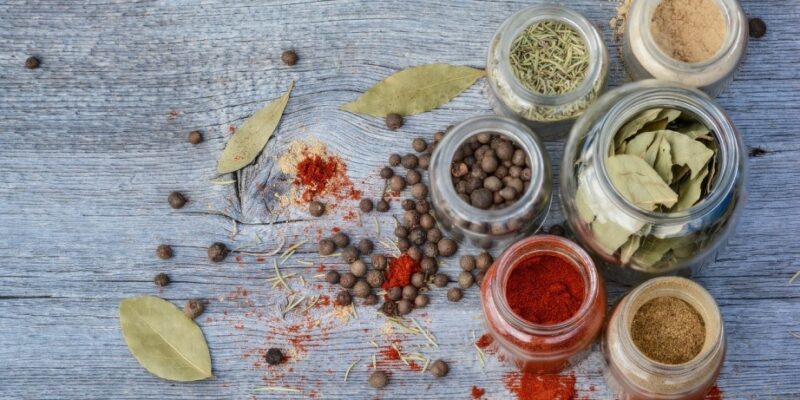
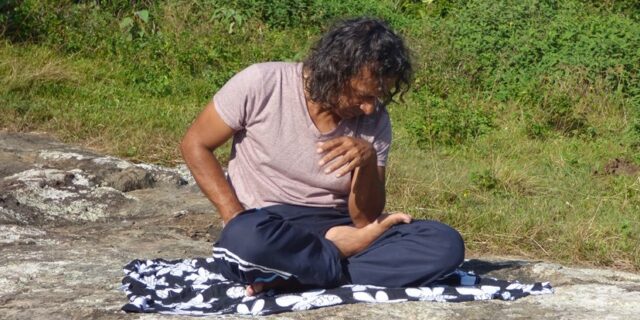
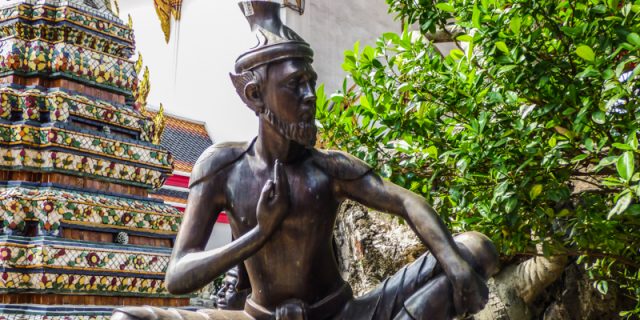
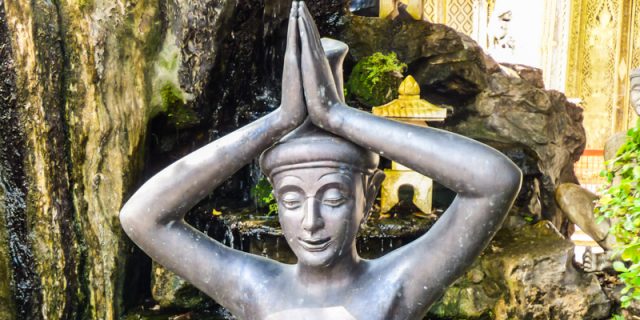
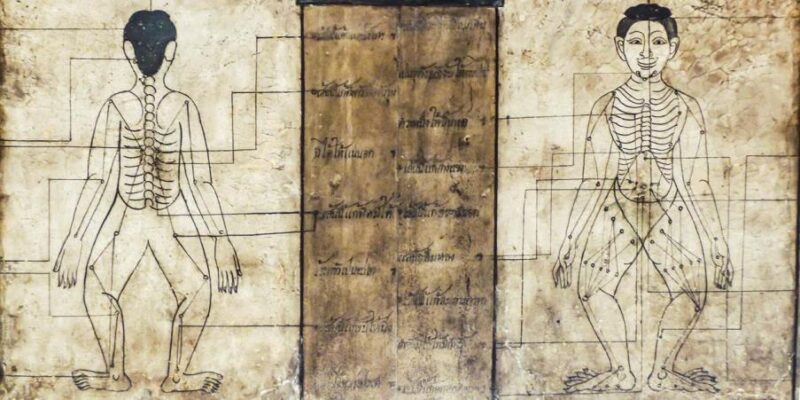
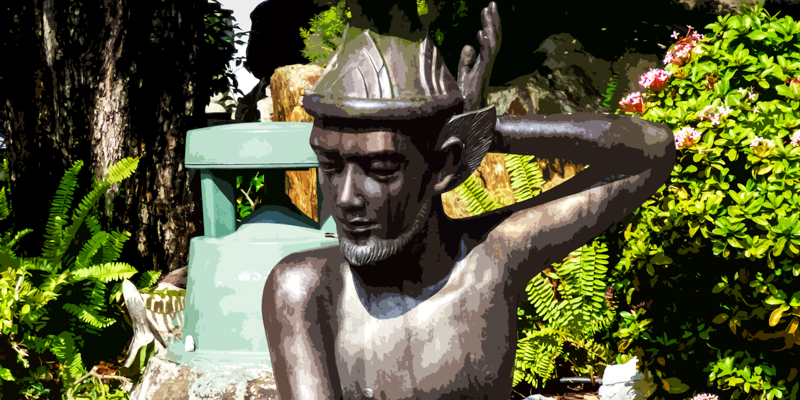
 Find themed health, wellness, and adventure holidays around the world.
Find themed health, wellness, and adventure holidays around the world.